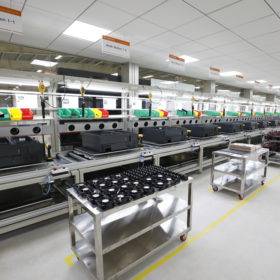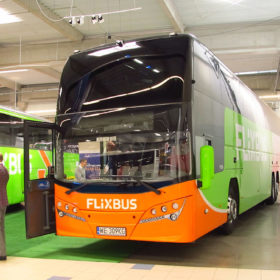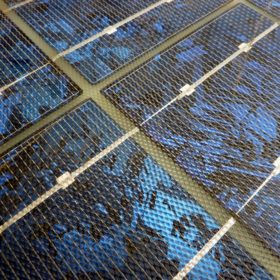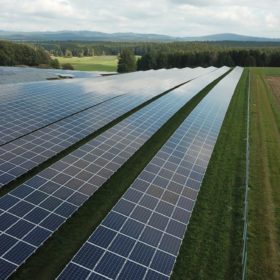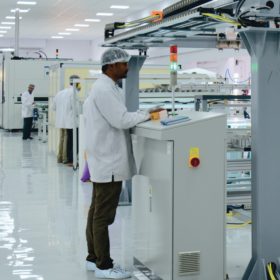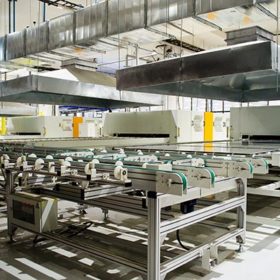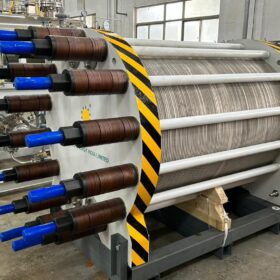India aims to become a hub for cutting-edge solar manufacturing
With a huge market and relevant manufacturing advantages, the country aspires to become a giga-scale manufacturing destination for the breakthrough PV technologies across the value chain.
IRENA presents $2tn plan to drive 5.5m renewables jobs by 2023
Doubling down on renewable energy investment and energy transition spending is required to ensure a truly green global recovery from the Covid-19 crisis and its economic aftershock, claims the International Renewable Energy Agency.
India could add 6,490 electric buses in next two years
The country’s electric bus market has gained momentum owing to aggressive government push through FAME India [Faster Adoption and Manufacturing of (Hybrid &) Electric Vehicles in India] scheme and increased interest from global investors.
REIL seeks 600,000 multi-crystalline silicon solar cells
August 21 is the deadline to submit bids for supply of 4.50W (4-/5-busbar), 4.60W (5-busbar) and 4.67W (5-busbar) multi-crystalline solar cells. Only Indian manufacturers are eligible to participate.
Government priority is to make Li-ion batteries in India: Transport minister
The government is acquiring lithium mines abroad to ensure raw material availability for electric vehicle battery production. Among other technology alternatives for EVs, it is looking at developing indigenous hydrogen fuel cells with hydrogen derived from biomass.
Impact of strained India-China relationship on the solar sector
India’s entire solar industry is dependent on Chinese imports to function. Hence, there is a comprehensive need to relook at the current policies and focus on building wafers and ingots capacity that will be used to manufacture the cells and eventually, modules.
Legal loophole protecting imported panels from subsequent duties discriminates against Indian products, say manufacturers
Indian solar manufacturers have cried foul over a system which exempts imported panels from yet-to-be-announced tax regimes but offers no such protection to domestic products.
India needs solar modules worth Rs 15,000 crore annually
The country—which meets over 80% of the solar module demand through imports—can turn the present crisis into an opportunity by ramping up domestic manufacturing with measures like fiscal incentives.
Prioritising clean energy will be key to economic recovery
Cost savings associated with switching to least-cost energy solutions like wind and solar can be redeployed for economic recovery. At the same time, building resilience on fronts like energy system design and supply-chain management is crucial to deal with unexpected shocks and crises.
Post Covid support required for electric vehicles: FICCI
The industry body has recommended a series of measures including a continuation of FAME II Scheme to 2025, short-term booster incentives for consumers and support for in-house R&D to boost the electric vehicle sector.

